
Turmeric is one of those spices that can do it all! This sneakily masterful spice is popular for its ability to support a range of ailments and conditions ranging from arthritis to respiratory infections, and depression, just to name a few.
Just when you think it has outdone itself, this wonder spice surprises us again with its impressive role in skin care, going deep into the skin for enduring advantages.
The best part, it's highly accessible and can be found in pretty much any major grocery store.
So let's find out: can turmeric REALLY be used for skin lightening? 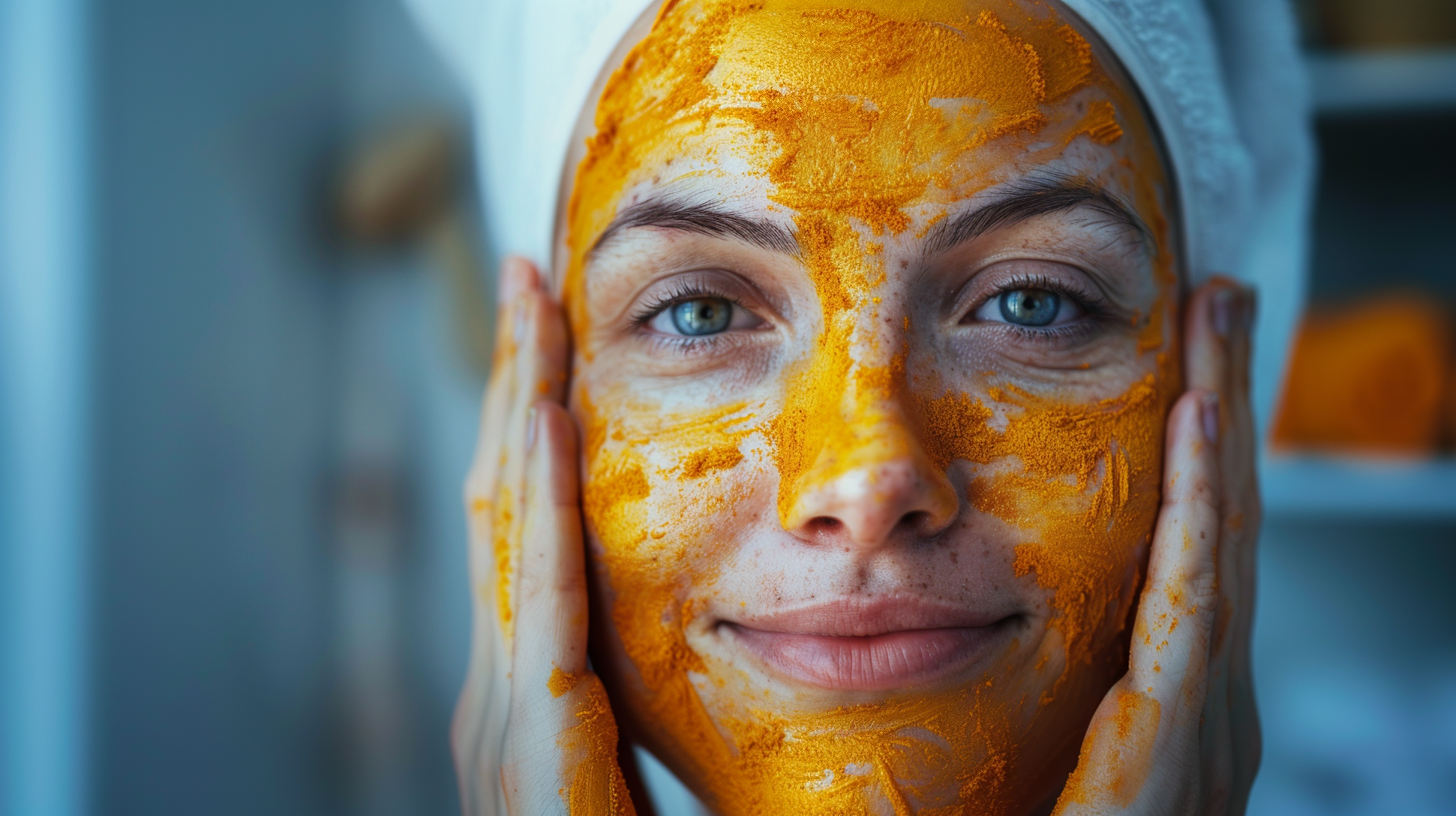
Yes! And here’s why: Turmeric contains curcumin, a bioactive compound with potent anti-inflammatory and antioxidant properties. These properties are crucial in skin care, as they help combat oxidative stress and inflammation, two major culprits behind skin aging and pigmentation issues. By neutralizing free radicals and reducing inflammation, turmeric helps prevent the overproduction of melanin, leading to lighter and more even-toned skin.
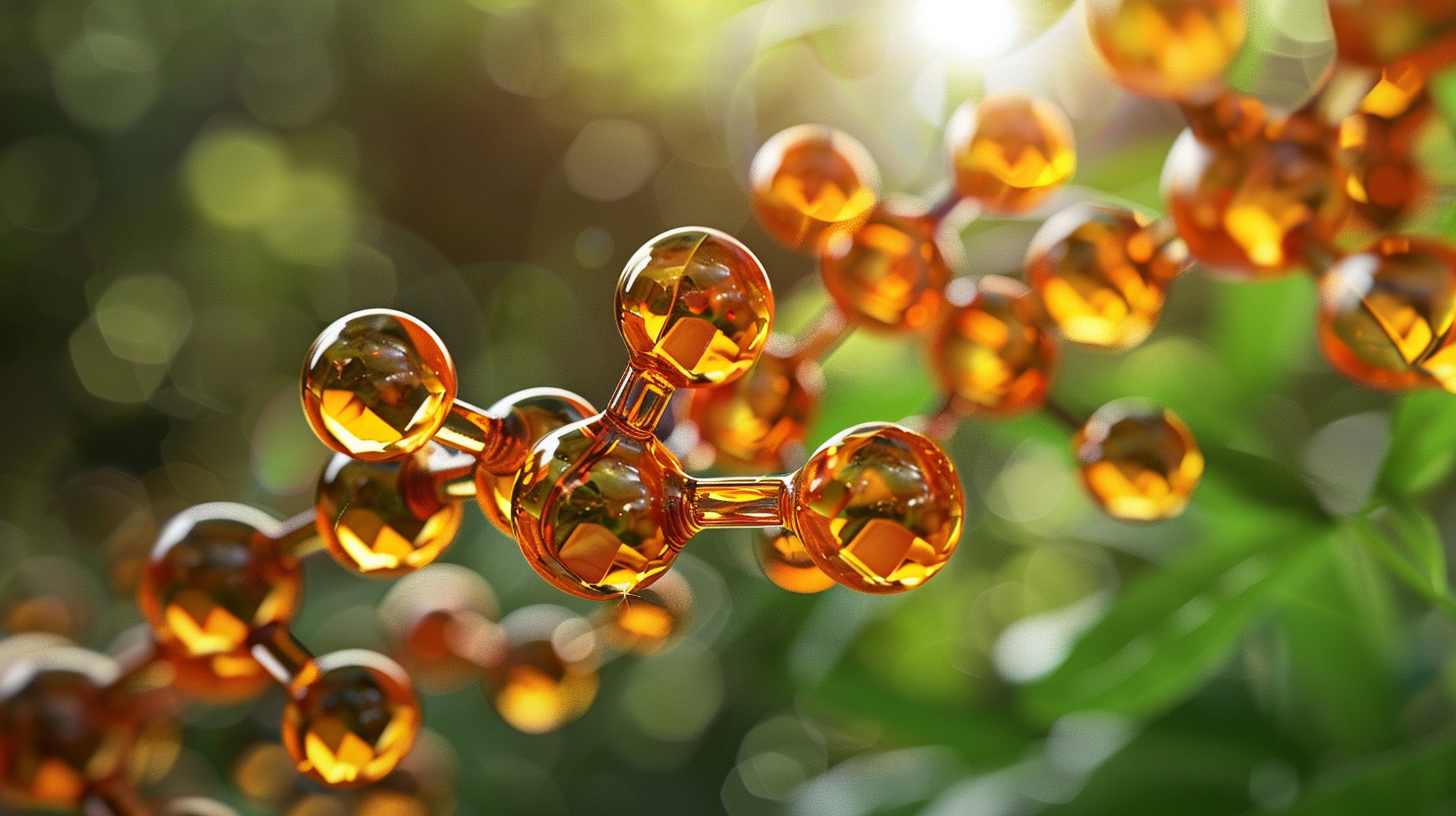
You must use turmeric carefully, as it can stain the skin and fabric yellow, especially in its raw form. A popular way to use turmeric for skin care is in the form of a face mask, often mixed with other ingredients like honey, yogurt, or milk, to minimize staining and enhance skin benefits.
While Turmeric will give you a pretty instant natural glow to your skin, it doesn't bleach the skin. Only chemical skin lighteners can do that. So if your goal is to lighten your skin tone, it can take more than three to four weeks of consistent use to start telling the difference.
Naturally, the effects will vary based on the person's skin and it may not have the same effect on everyone, with some being more obvious than others.
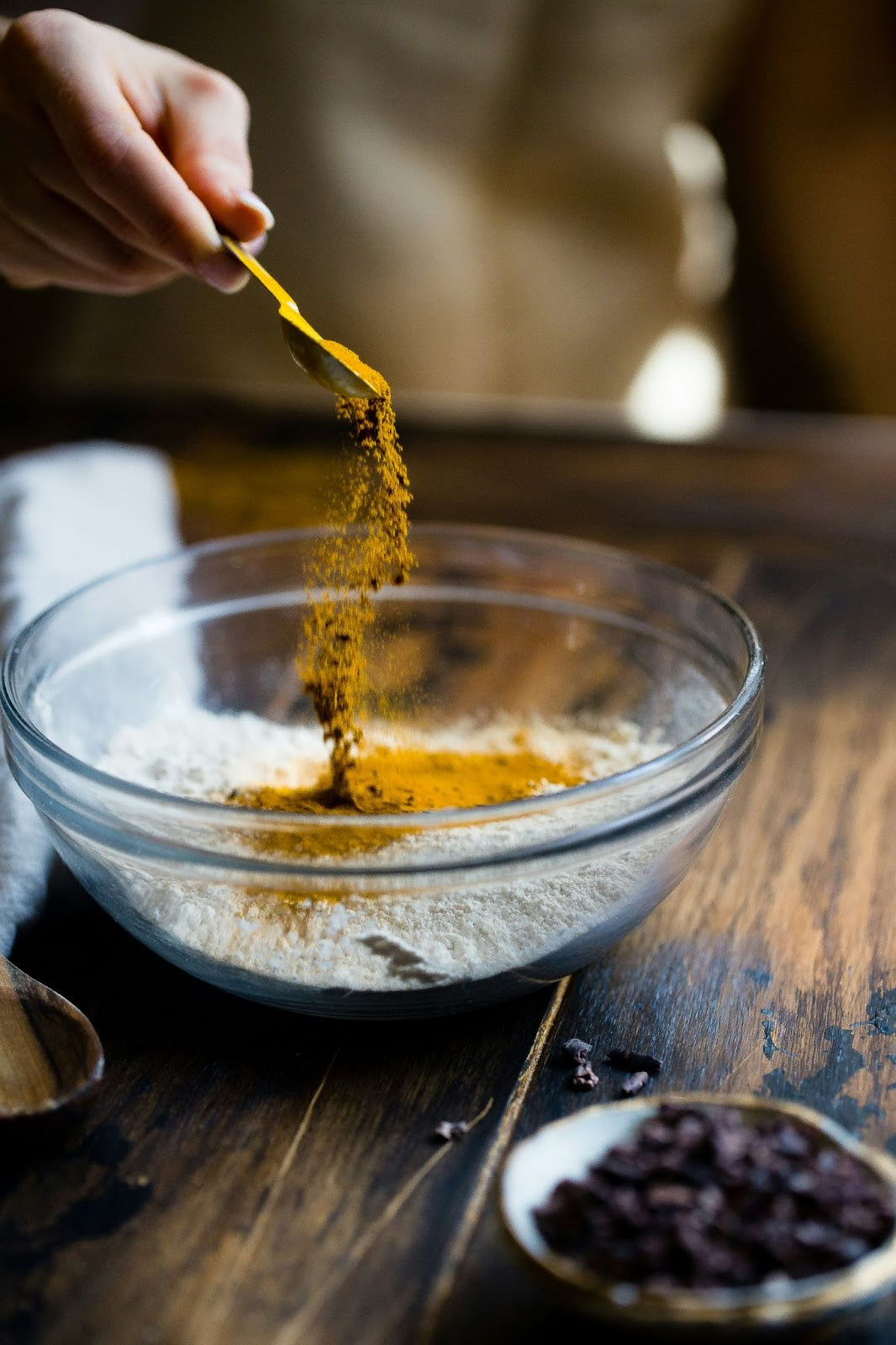
As turmeric is so pigmented, it's best used in tandem with other ingredients! Here are three ways you can incorporate this power spice into your skincare routine and lighten your skin.
|
What you’ll need: |
How to make your mask: |
|
|
2-3 times a week on a regular basis will give good results.
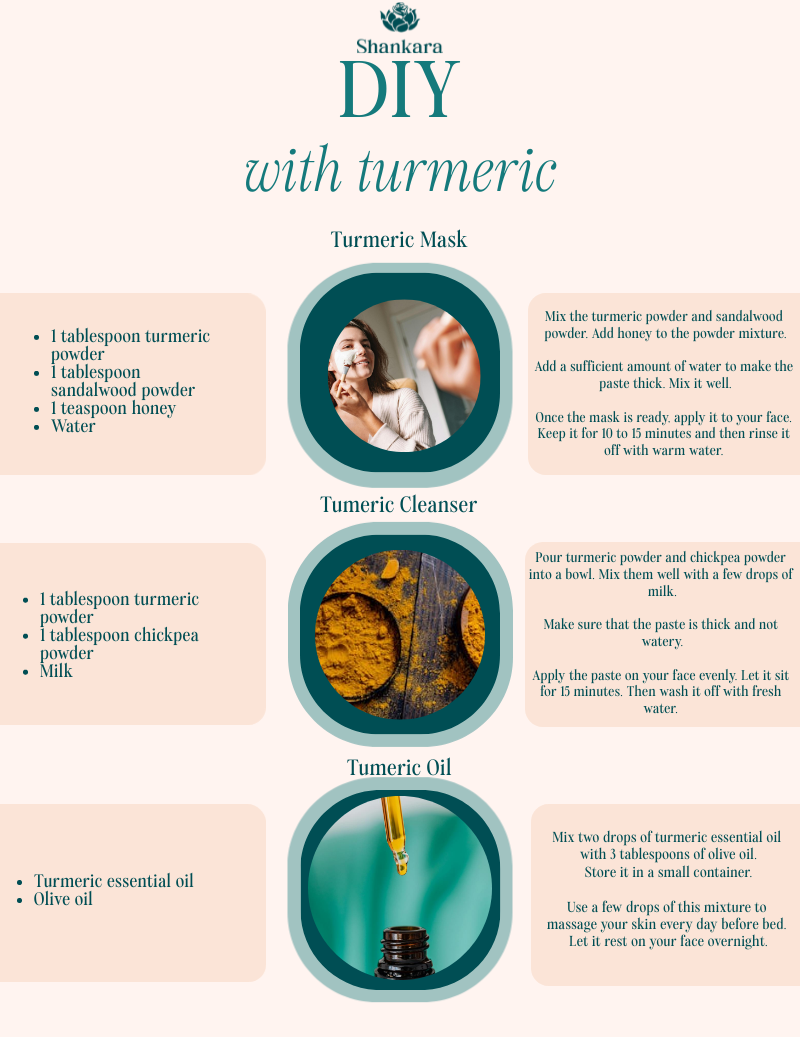
|
What you’ll need: |
How to make your cleanser: |
|
|
|
What you’ll need: |
How to make your oil: |
|
|
Incorporating turmeric into your skincare routine doesn't have to be limited to DIY treatments. Turmeric-infused skincare products offer a convenient and mess-free way to enjoy the brightening, anti-inflammatory, and antioxidant benefits of turmeric daily. Below, we explore some turmeric-infused skincare products and tips for selecting the right ones for your skin type and concerns.

The time it takes turmeric to fade dark spots varies based on several factors, including the cause of the dark spots, one’s skin type, consistency, and method of application.
When used regularly, some people may start to see a reduction in dark spots within a few weeks, while for others, it can take longer. It's important to note that natural remedies like turmeric can produce results more slowly compared to medical treatments.
If you're considering using turmeric for dark spots, it's typically applied as a face mask or paste, mixed with ingredients like honey, lemon juice, or yogurt, which can also benefit the skin. Consistency is key, so applying the turmeric mixture several times a week is recommended for the best results.
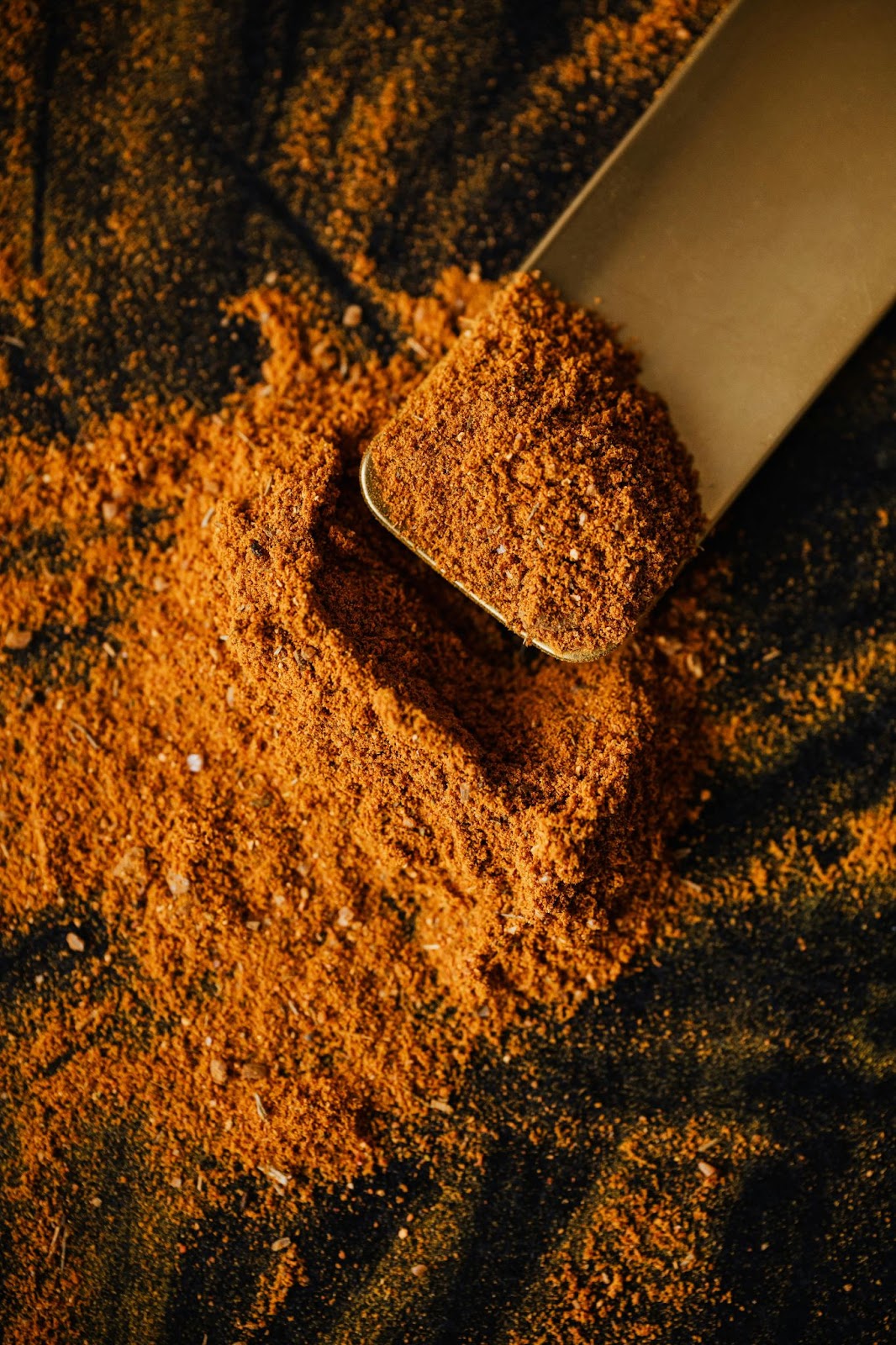
We have the root of Curcuma zedoaria, (a type of ginger) to thank for turmeric powder! Curcumin, the spice’s active compound, is what gives the famous and very distinctive yellow-orange hue and provides powerful anti-inflammatory properties.
Turmeric has been used in Ayurveda and other traditional Indian medical systems, as well as Eastern Asian medical systems for decades and has nested its place in Western food and wellness.

Turmeric is all-natural and safe to be used daily.
Before applying turmeric on your face, always perform a patch test on your arms to check how your skin takes to it and if it reacts to it. Wait for 24-48 hours.
If you have no negative reaction, then you can safely use turmeric as part of your skincare routine up to three times a week. We always recommend you mix turmeric with other natural ingredients so you don't end up with unwanted yellow stains on your face.

The star in turmeric essential oil is curcumin, which is known for putting a brake on melanin production - which is what produces skin pigmentation. With consistent and regular usage, turmeric oil can give your skin a lighter and more even tone.
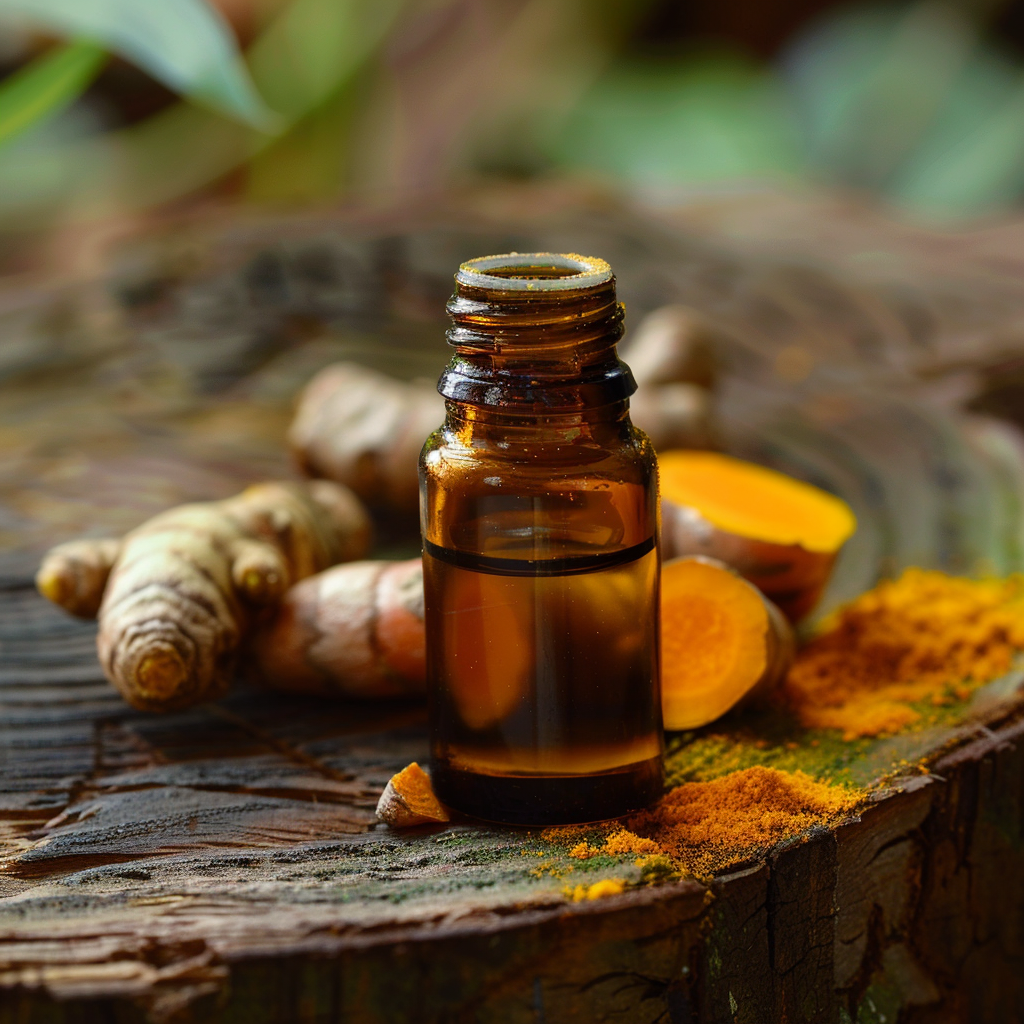
Here's a simple recipe for you!
Mix 3 - 5 drops of turmeric essential oil with 1.5 tablespoons of your favorite carrier oil, like virgin olive oil or sweet almond oil. Gently apply it to your face with your fingers and massage it into your skin…and bam! Watch the magic happen.
Not so fast! Pure turmeric essential oil is potent and is often too intense for direct skin application. To avoid any skin issues, always dilute it with a carrier oil.
Many believe so! Due to its unique ability to dial down melanin production, turmeric oil is a popular choice for those seeking a natural way to lighten their skin tone. But remember, everyone's skin is different, so results can vary.
Yes, turmeric may help lighten hyperpigmentation to some extent due to curcumin, its active ingredient, which possesses anti-inflammatory, antioxidant, and antimicrobial properties. These properties can contribute to reducing melanin production, the pigment responsible for dark spots, and improve overall skin tone.
However, scientific evidence supporting turmeric's effectiveness for this specific purpose is limited and more research is needed to confirm its efficacy. It's advisable to use turmeric as part of a comprehensive skincare routine and consult with a dermatologist for personalized advice and treatment options.
Yes, you can apply turmeric directly on your skin, usually as part of a face mask or paste. When mixed with other ingredients like honey, milk, or yogurt, turmeric can be more beneficial and less likely to stain the skin.
Applying turmeric on the face daily can significantly benefit the skin, leveraging its anti-inflammatory, antimicrobial, and antioxidant qualities. Regular use may reduce inflammation, aiding in reducing acne, and help brighten the skin by lightening hyperpigmentation and scars. Its antimicrobial properties also prevent acne-causing bacteria, while antioxidants fight signs of aging.
However, users should be aware of potential yellow staining on the skin and the possibility of irritation, particularly for those with sensitive skin. Conducting a patch test and using high-quality, pure turmeric powder are recommended for the best outcomes.
Yes, you can use kitchen turmeric on your face, but consider the following:
A few disadvantages to consider when applying turmeric directly to your face are:

Mixing turmeric with Vaseline (petroleum jelly) is an unconventional but feasible approach for specific skin care applications. This combination can create a thick paste that potentially offers moisturizing benefits along with the anti-inflammatory and antibacterial properties of turmeric.
Yes, incorporating turmeric into your lotion is a practical method to leverage its anti-inflammatory, antimicrobial, and antioxidant benefits for the skin. When adding turmeric to lotion, be aware of potential staining due to turmeric's vibrant color, which might temporarily tint your skin and clothes. It's advisable to use finely ground turmeric to avoid altering the lotion's texture and to ensure even distribution. Don't forget the patch test.
To mix, choose a suitable base lotion that matches your skin type and blend a small, gradually increasing amount of turmeric powder until it reaches your desired potency. This combination allows for a customized skincare solution that hydrates while delivering the therapeutic effects of turmeric.
Apply this mixture as you would any regular lotion, focusing on areas that could benefit most from the turmeric’s properties. Adjust the amount of turmeric to balance between its benefits and the risk of staining.
Turmeric, like saffron, is a cornerstone in Ayurvedic practices and has been tried and true for centuries as a versatile remedy for numerous skin problems. Its impressive ability to treat acne, enhance skin complexion, and provide strong relief from various skin conditions is well-documented in Ayurvedic literature.
If you want to take the 100% natural approach, we suggest home-based treatments, DIY masks, and face treatments that incorporate turmeric are a great option. For lightening the skin, we suggest using it three to four times a week, for noticeable differences.
Have you tried turmeric in your skincare routine? If so, comment below on how it's impacted your glow!
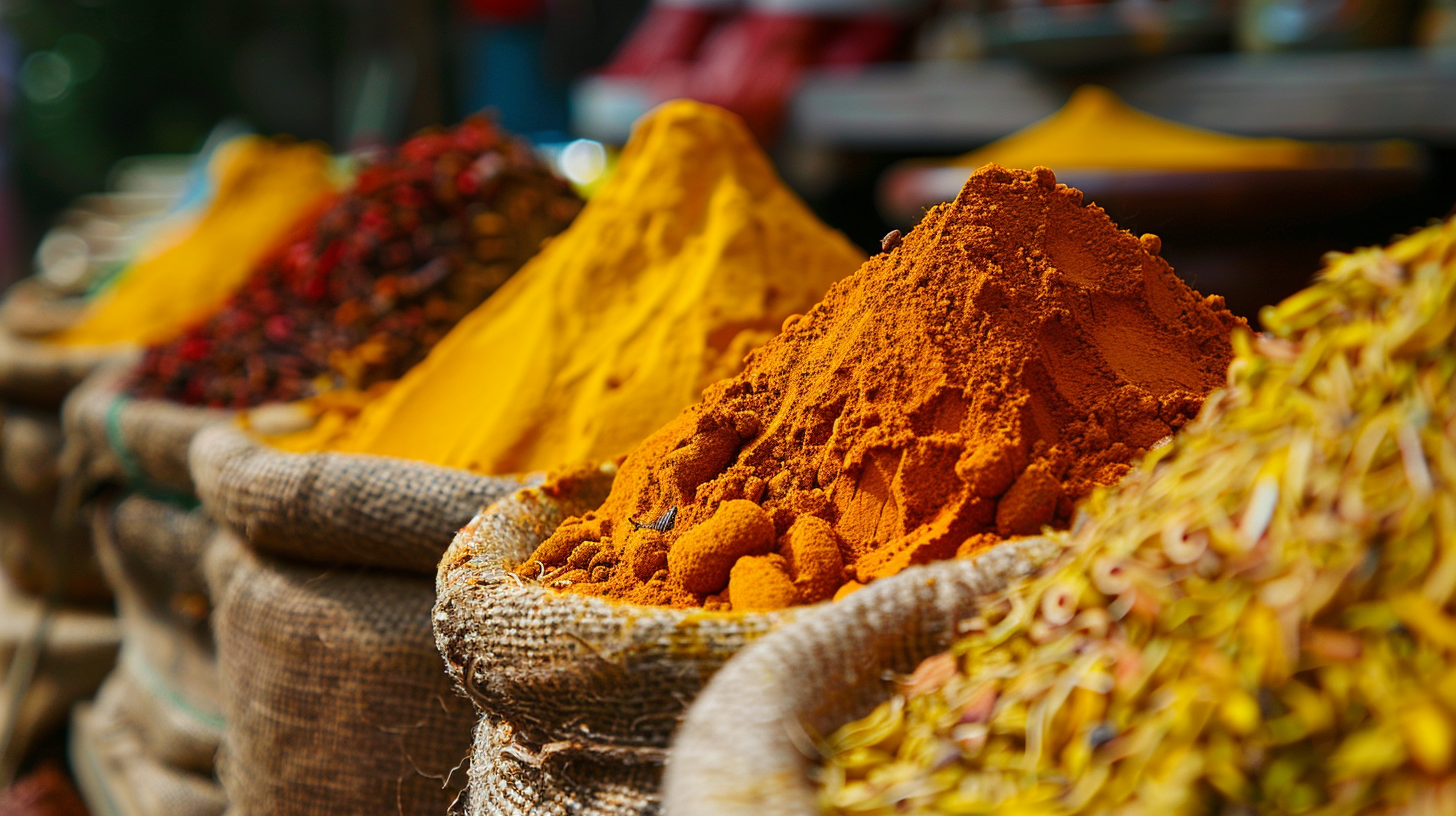







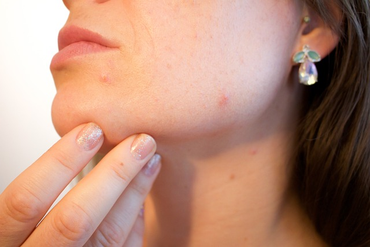
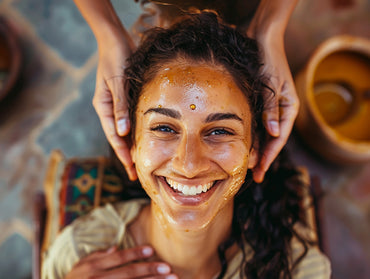

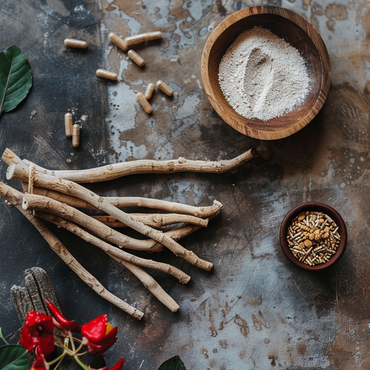
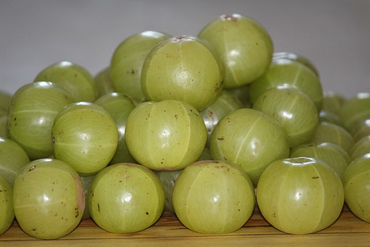
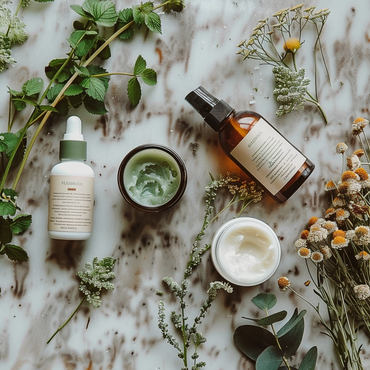
comments (6)
Is it only in the face that we can use it
How long will the unused portion last in the refrigerator?
thank you for the information. I love this stuff.
Thanks a lot.
I’ll try this on my face.
Love that glow you’re getting from the turmeric face mask! 🙌 Thanks for sharing your skincare secret with us! 😊
I have been using turmeric as a face mask. I mix it with, honey and plain yogurt. My face looks good and glowing